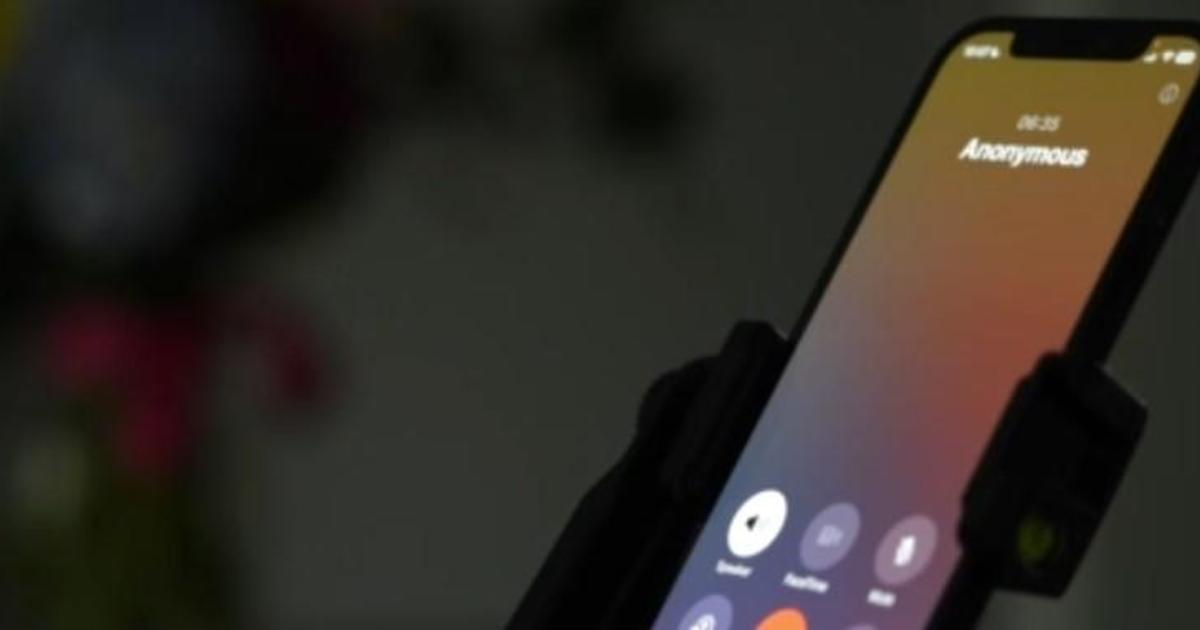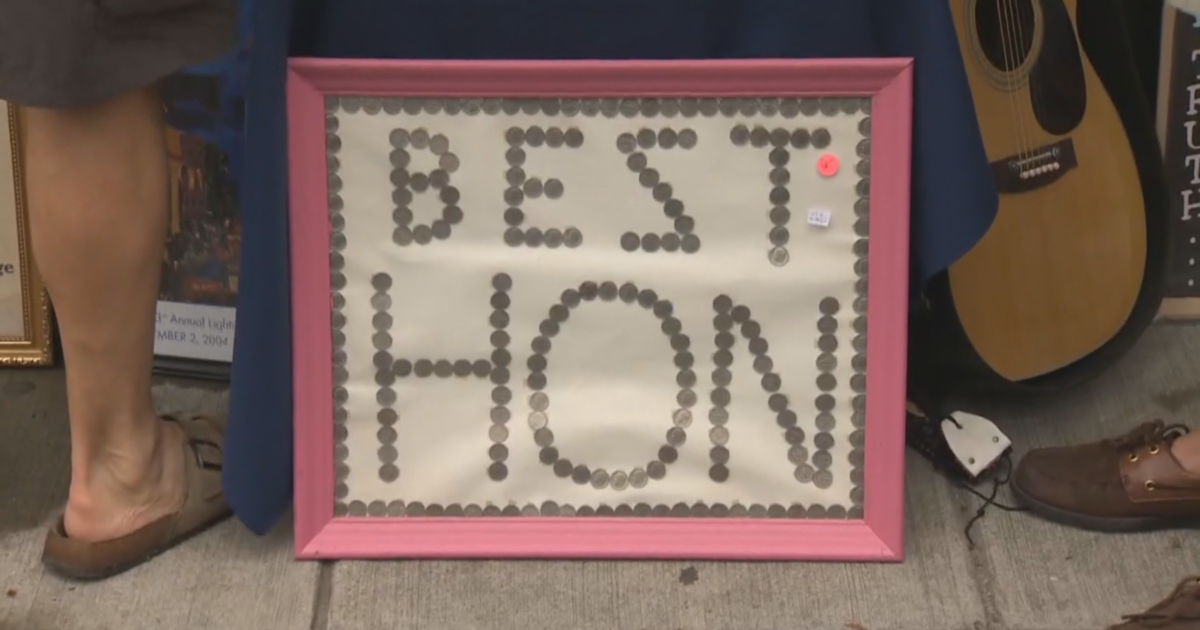University Of Maryland Wants You To Catch Stink Bugs For Science
BALTIMORE (WJZ) -- If you've ever thought about advancing science, now is your chance.
Alex Demetrick reports all you have to do is catch at least 50 Asian stinkbugs.
In science, you need something to study--and stink bugs are what the University of Maryland needs right now.
"I've had a colony going for about two years now, but eventually, they crash. And that's why we have these problems," said Galen Divley, with the University of Maryland.
"You have to have rearing colonies so you can have bugs to do experimenting on," Chris Taylor, University of Maryland Ph.D. candidate, said.
Because these foreign invaders have no natural predators, the primary experiments deal with finding ways to kill them--or at least slow their population growth. Ever since their numbers exploded four years ago...
"We do expect damage to some of our crops," a Frederick Agriculture Extension agent said.
"If there's a crop that they really want to get after, they're finding a way to get to it," Bryan Butler, with University of Maryland Extension Service, said.
"These are highly mobile pests. They're shifting now into things like sweet corn, so we're getting significant damage in our commercial vegetable crops," Dr. Mike Raupp with the University of Maryland said.
To beat the bugs, you need the bugs. And it turns out, this is the perfect time of year for the public to catch Asian stink bugs.
"You're going to be noticing a lot of insect activity inside your house. This is a great opportunity to collect insects and help us supplement our colony by getting lots of bugs to do our studies," Taylor said.
Provided you catch at least 50, the University of Maryland will come pick them up.
"We call these bug dorms, and in here, we'll house the adults and they'll lay their eggs on these leaves so it gives them a more natural environment to lay their eggs," Galen said.
And jump start another colony for research.
So look around the house, because odds are good you'll see them on the move. Just remember to put them in a container with air holes.
"Because they're stressed, they're releasing their defensive smelling compound, and they'll actually stink each other to death," Taylor said.
Science needs live stink bugs to come up with a more efficient way of finding a fatal outcome.
If you'd like to pitch in and do your part, email Galen Divley about the university's stink bug service.



